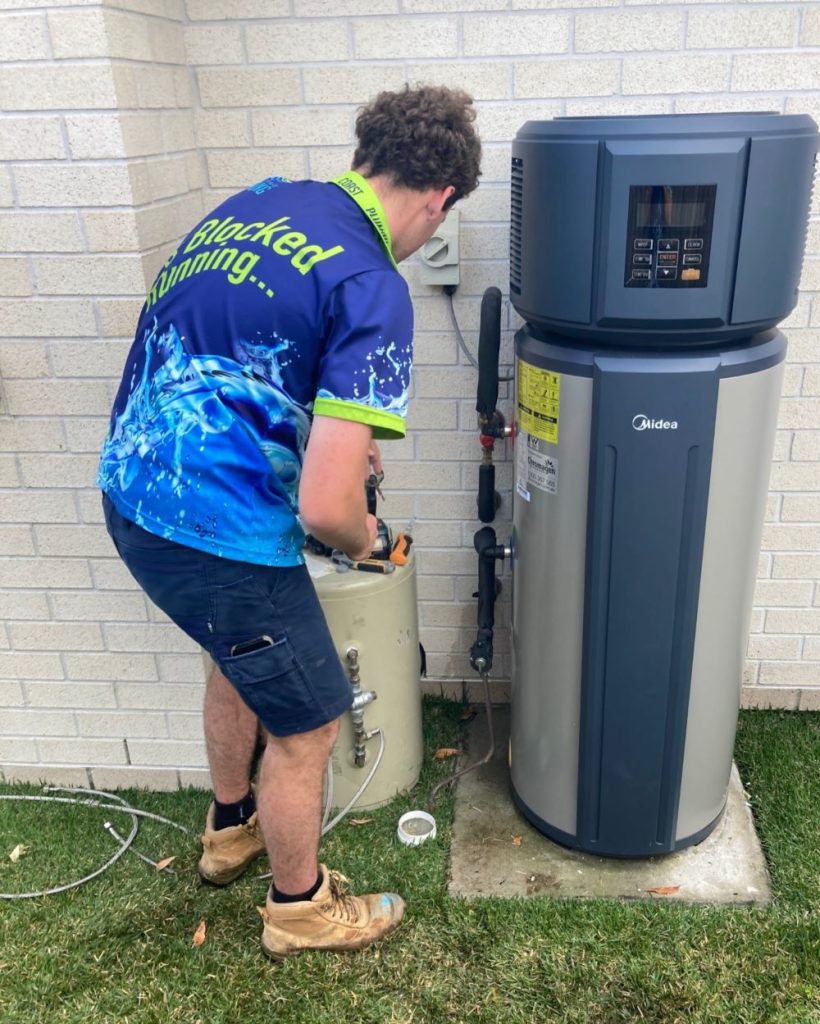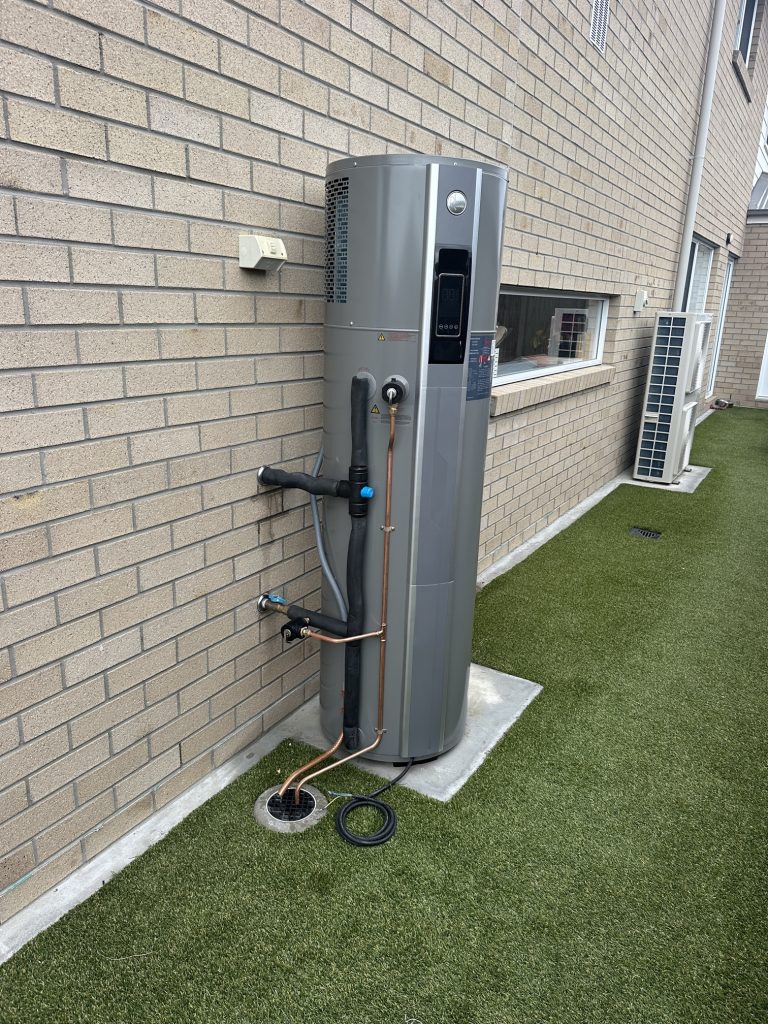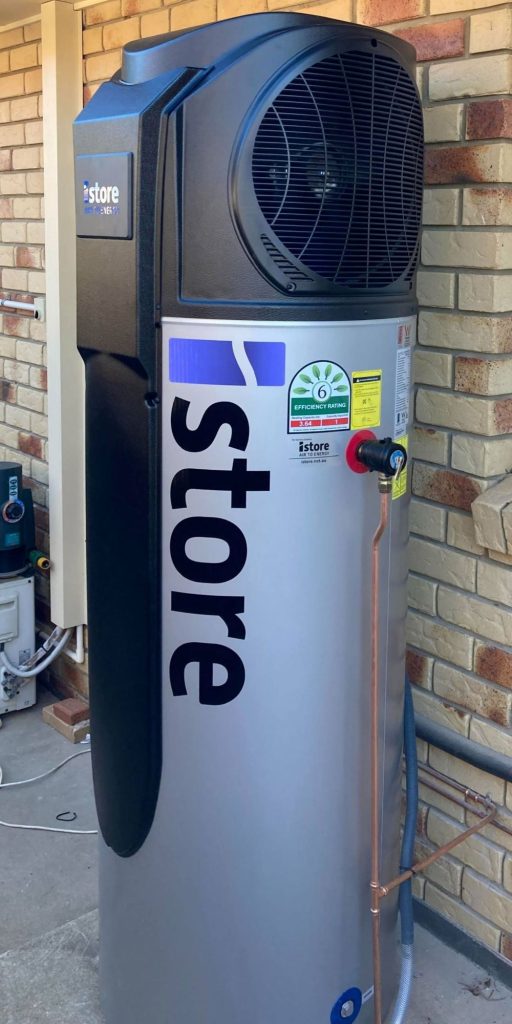Mastering the Unique Challenges of Selecting Hot Water Systems in Queensland’s Distinct Climate
When it comes to selecting the ideal hot water system for your home in Queensland, the process involves much more than simply choosing a brand or considering the unit's water capacity. It necessitates a comprehensive examination of how numerous factors, such as the local climate, humidity levels, electricity tariffs, and your household's daily hot water consumption, impact the system’s overall efficiency and performance. As energy prices continue to rise, an increasing number of households are turning to heat pumps for their energy efficiency and sustainability benefits. However, it’s important to note that these systems may not be suitable for every property type. Therefore, assessing all relevant components before making a choice is essential to ensure optimal performance and longevity of your hot water system.
This article delves into the operational effectiveness of heat pumps in Queensland’s varied climatic conditions, identifies which types of dwellings stand to gain the most from these innovative systems, and addresses prevalent misconceptions that may lead to subpar performance or incorrect system selections.

Enhancing Heat Pump Efficiency in Coastal Queensland: Strategies for Success
Heat pump water heaters function by extracting thermal energy from the surrounding air. Their operational efficiency significantly improves as air temperatures increase. In the coastal regions of Queensland, particularly in sought-after areas like the Sunshine Coast, Brisbane, and the Fraser Coast, average air temperatures tend to remain above 5°C, even during the winter season. This consistent warmth enables heat pumps to operate effectively throughout the year without the need for electric boosting or supplementary heating elements, which are often required in cooler climates. By harnessing this natural energy source, homeowners can benefit from lower electricity bills and a smaller carbon footprint.
Critical Environmental Factors That Enhance Heat Pump Efficiency in Queensland
| Factor | Impact on Heat Pump Functionality | Coastal QLD Efficiency |
|---|---|---|
| Average ambient temperature | Higher = more efficient operation | ✓ Consistently maintained above 5°C |
| Humidity levels | Moderate improvements | ✓ Generally high and stable |
| Access to off-peak electricity | Lower operational costs | ✓ Widely available in most regions |
| Roof shading | Not a significant factor | ✓ No detrimental impact on system |
| Direct sunlight exposure | Not a necessity | ✓ Functions well in shaded conditions |
Identifying Situations Where Heat Pumps May Underperform in Queensland
While heat pumps have many advantages, certain scenarios in Queensland exist where their performance may not meet expectations:
- Inland or elevated regions
In locations such as Toowoomba or the Hinterland, nighttime temperatures can drop significantly during winter. In these instances, certain heat pump models may struggle to operate efficiently without additional support from a booster element, resulting in increased energy consumption and higher utility costs. - Restricted or poorly ventilated outdoor spaces
Heat pumps require ample airflow around their compressor units to function effectively. In confined or enclosed areas, the efficiency of heat extraction may diminish, and noise levels could rise, potentially causing disturbances for nearby residents. - Large households with substantial water demand
For residences accommodating more than six occupants, a system designed for greater water storage or quicker recovery rates, such as solar-boosted gas systems, might be more beneficial in efficiently satisfying high hot water requirements.
Dispelling Common Myths About Heat Pumps in Queensland
“They become ineffective during winter.”
This misconception may hold true in colder southern regions; however, it does not apply to Queensland. In areas where average temperatures consistently exceed 5°C, heat pumps retain their efficiency in winter, delivering dependable hot water solutions even in cooler months.
“Solar panels are necessary for heat pumps to operate.”
This statement is misleading. Heat pumps can function independently of solar photovoltaic (PV) systems, although pairing them with solar energy can significantly enhance your energy savings and sustainability.
“Heat pumps are excessively noisy and disruptive.”
Modern heat pump models are designed to operate much more quietly than their older counterparts. When properly installed in well-ventilated areas, the sound produced by the compressor unit is typically minimal, fostering a peaceful living environment.
Effective Strategies for Optimising Heat Pump Installation and Performance in Queensland
- Choose a system designed for Australian conditions
Select models that offer high-efficiency ratings and dependable local support, such as istore or Stiebel Eltron, which are renowned for their performance in the Australian climate. - Install in a well-ventilated, shaded area
Although heat pumps do not require direct sunlight, they do need sufficient airflow around the unit to operate efficiently and effectively. - Utilise timers or smart controls
By programming the system to function during solar power generation periods or off-peak electricity hours, you can greatly enhance energy savings and reduce costs. - Ensure your system is appropriately sized
A capacity of 250–300 litres is generally adequate for most families’ needs. An undersized system can lead to performance issues and increased reliance on boosting mechanisms, resulting in higher energy usage.
The Essential Role of Local Expertise in Successful Heat Pump Installation
The installation of a heat pump requires a tailored approach to achieve optimal results. The best outcomes are achieved through collaboration with a local plumber who has expertise in:
- Performance tailored to local climate conditions to ensure maximum efficiency
- Eligibility for incentives such as Small-scale Technology Certificates (STCs) and various Queensland government grants aimed at promoting energy efficiency
- Optimal placement and ventilation strategies for the unit to enhance performance
- Integration with solar PV systems or battery storage solutions, if applicable, to maximise energy efficiency
At Creek to Coast Plumbing, we specialise in providing and installing high-performance hot water systems, including heat pumps, throughout the Sunshine Coast and Moreton Bay regions. Our dedicated team is on hand to assist you in identifying which type of hot water service will best meet your needs. As the demand for energy-efficient hot water solutions continues to rise, many individuals are weighing their solar options against heat pumps. We will assess your home's specific conditions, recommend the most suitable system, and ensure you are equipped to achieve maximum efficiency.
Discover more information about our Heat Pump Hot Water Installations or contact us for a tailored recommendation designed specifically for your requirements.
The Article: Heat Pumps in Queensland: Effective Solutions and Pitfalls first appeared on https://writebuff.com
The Article Heat Pumps in Queensland: Benefits and Challenges Explained Was Found On https://limitsofstrategy.com



